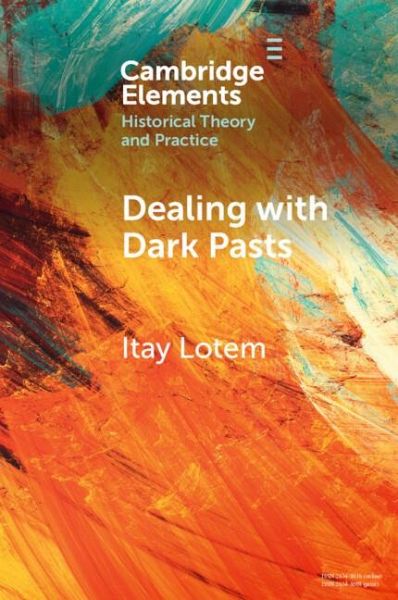
Dealing with Dark Pasts
Versandkostenfrei!
Versandfertig in 1-2 Wochen
22,99 €
inkl. MwSt.

PAYBACK Punkte
11 °P sammeln!
The political focus has shifted from recognizing states' victories to their own historical crimes. This Element explores the rise of 'auto-critical memory', its globalization, and current debates on remembering colonial pasts. It examines case studies across Europe and questions the usefulness of memory in achieving social and racial justice goals.














